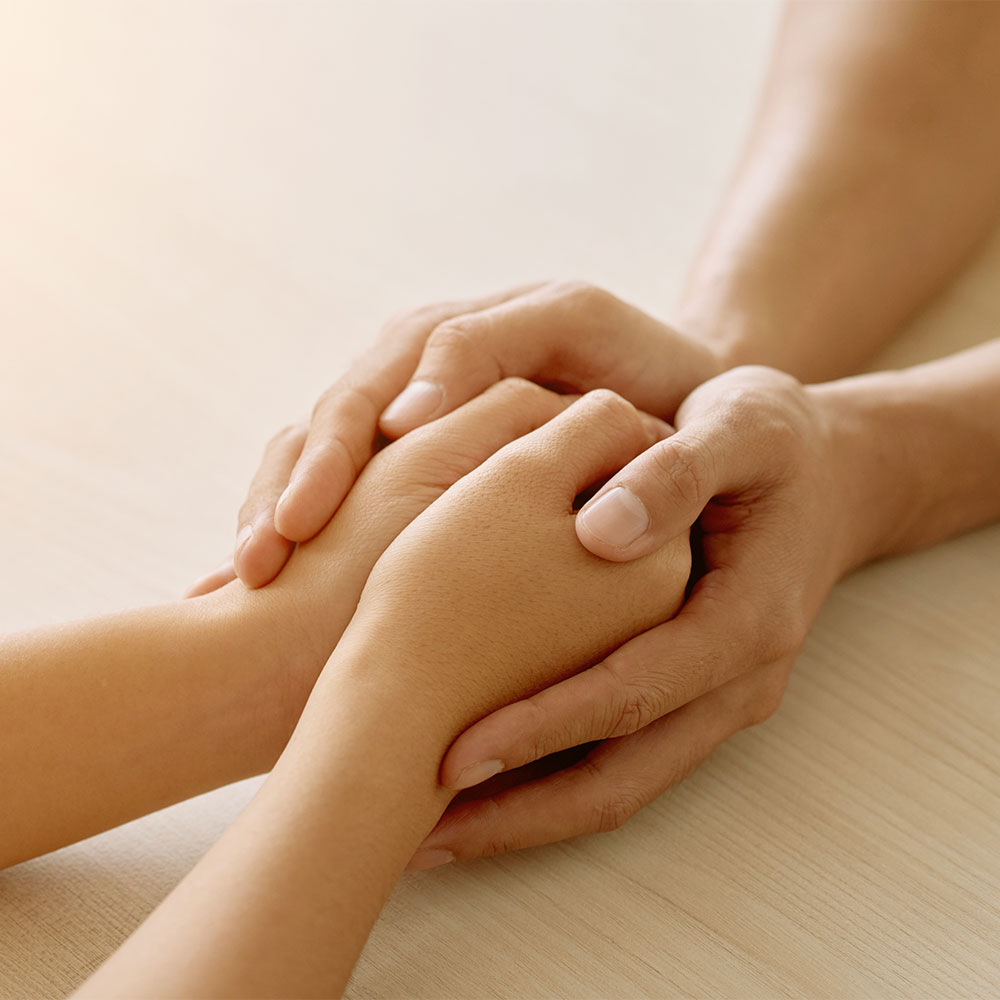Anorexia Nervosa
Anorexia Nervosa is a life-threatening mental illness characterised by persistent behaviours that makes it hard for a person to meet their energy needs in order to maintain a weight that is deemed healthy for them. Those unhealthy behaviours can include food restriction, excessive physical activity, misuse of laxatives/diuretics or self-induced vomiting.
Often those behaviours stem from a strong desire to pursue thinness and there may even be body dysmorphia experienced by many individuals suffering from anorexia. For instance, the latter will be strongly preoccupied with their appearance, thinking that they look too fat when in fact they have a normal weight or are even underweight.
Warning signs and symptoms
As a result, someone suffering from anorexia could experience the following symptoms:
-
- Physical: irritability, mood swings, fatigue, dizziness, feeling cold all the time, nutrient deficiencies, low blood pressure, decrease in heart rate, insomnia, muscle cramps, hair loss, irregular menstrual cycle or amenorrhea (loss of period), digestive issues such as constipation, bloating and abdominal cramps.
-
- Social: increased isolation, strained relationships with peers, anxiety to eat, out, always comparing food intake to others and having to eat less than others.
-
- Psychological: obsessive thoughts about what one should be eating and not eating, guilt after eating certain foods, having strict rules about food, counting portions, calories or other factors about food, afraid of feeling too full, intense fear of gaining weight.



